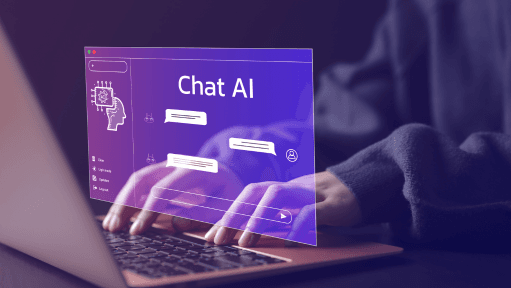
B.C. Court Sets Precedent on AI "Hallucinations" in Legal Research
A landmark ruling highlights the need for legal professionals to verify AI-generated content, addressing the risks of fabricated case law in legal proceedings.
In a groundbreaking ruling, a British Columbia court recently addressed the controversial issue of "hallucinated" legal cases generated by artificial intelligence. The decision could have far-reaching implications on the use of AI in the legal field, setting a precedent for how AI-generated content should be verified and utilized in legal practice.
The Issue of AI Hallucinations in Legal Research
AI "hallucinations" occur when AI systems, such as those powered by large language models, generate plausible-sounding but entirely fabricated information. In this case, a legal team cited case law that was later discovered to be fictitious, generated by an AI system prone to such hallucinations. The court’s ruling emphasized the importance of verifying AI-generated content, particularly when it comes to legal research where accuracy and reliability are paramount.
Background of the Case
The controversy arose when a British Columbia law firm presented a series of legal cases to support its argument. Upon review, it became apparent that several of these cases were not real but fabricated by an AI tool used in the firm's research process. This discovery prompted the court to examine the legal and ethical responsibilities of professionals relying on AI tools, especially given the growing popularity of AI-driven legal research platforms.
Court’s Ruling and Implications
The court ultimately ruled that legal professionals must thoroughly verify any AI-generated information before submitting it in legal proceedings. This ruling underscores the ethical and professional obligations of lawyers to ensure the integrity of the information they present. While AI can be a powerful tool for legal research, the court’s decision serves as a cautionary reminder of its limitations and the potential risks of unverified AI output.
This ruling may lead to more stringent standards around the use of AI in the legal field, particularly in jurisdictions where AI is frequently employed for tasks like drafting documents, conducting research, and analyzing case law. Legal professionals might face new ethical guidelines on AI usage, including requirements for cross-referencing AI-generated data with verified legal sources.
Implications for the Future of AI in Law
The B.C. court’s decision could influence how other jurisdictions approach the use of AI in legal practice. By setting a precedent, this ruling may prompt lawmakers to establish clearer regulations on the reliability of AI-generated information in legal matters. Furthermore, the legal industry may see an increased demand for AI solutions that incorporate built-in verification tools, helping to minimize the risk of hallucinated cases being presented in court.
A Growing Challenge for Legal AI Developers
For developers of AI-based legal tools, this ruling highlight the need for continuous refinement of AI systems to reduce hallucinations and improve accuracy. Legal AI developers may now face pressure to introduce enhanced verification features within their platforms, allowing legal professionals to validate the authenticity of AI-generated information more easily.
Final Thoughts
The B.C. court ruling serves as a crucial reminder of the ethical considerations associated with AI in law. As artificial intelligence becomes more ingrained in the legal field, this case underscores the importance of balancing technological advancement with the integrity of legal proceedings. Moving forward, both legal professionals and AI developers will need to work closely to ensure that AI remains a reliable, trustworthy tool in the justice system, upholding standards that safeguard against the potential pitfalls of AI hallucinations.
For any enquiries or information, contact ask@tlr.ae or call us on +971 52 644 3004. Follow The Law Reporters on WhatsApp Channels